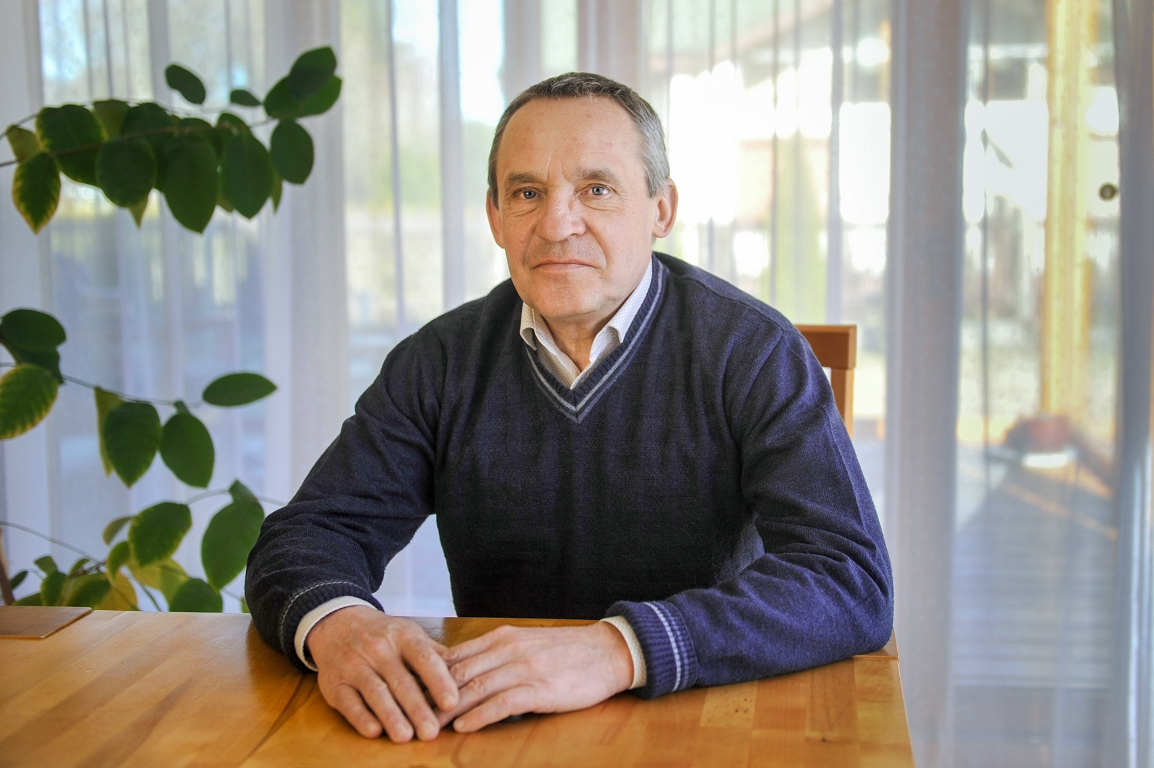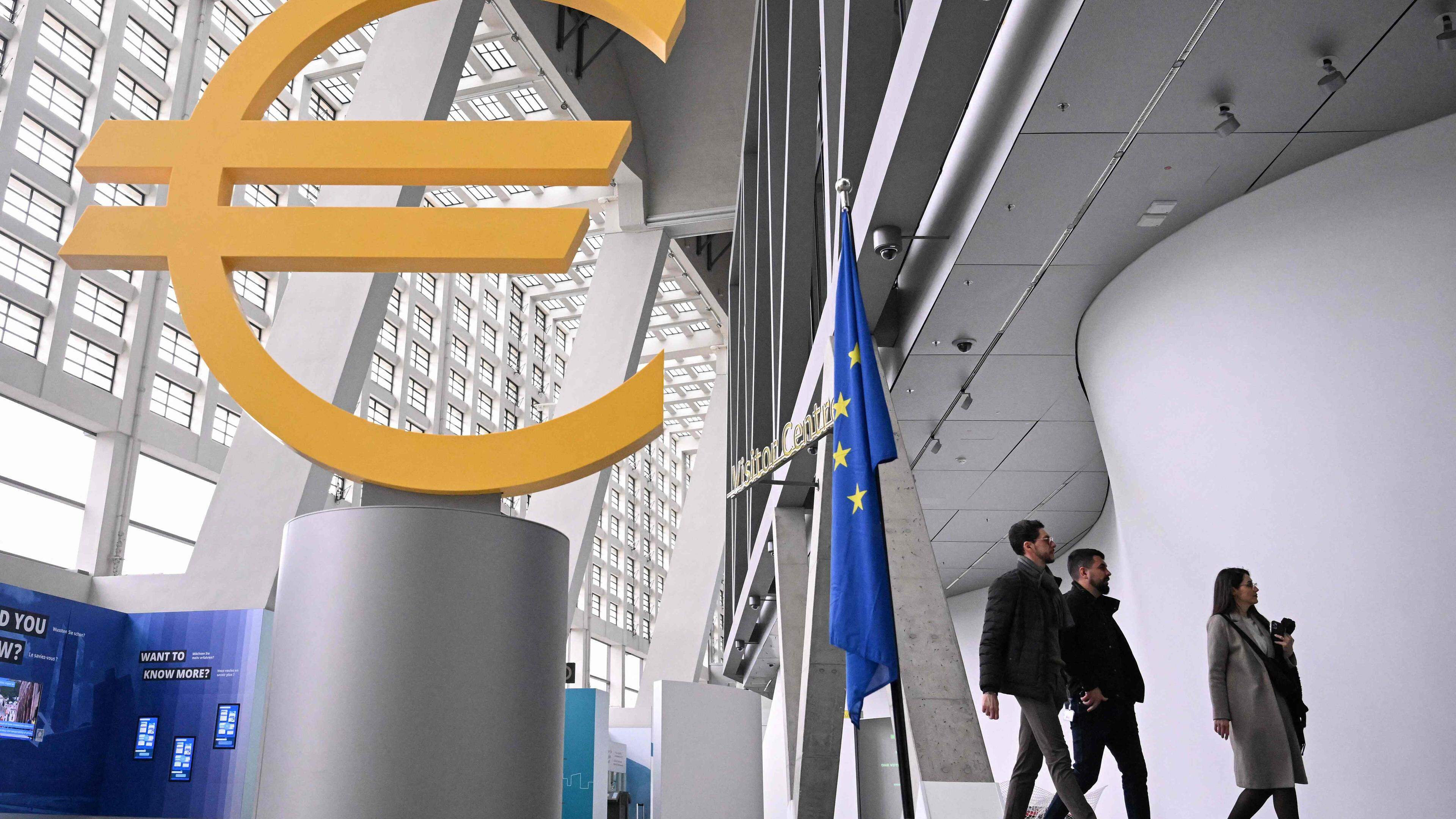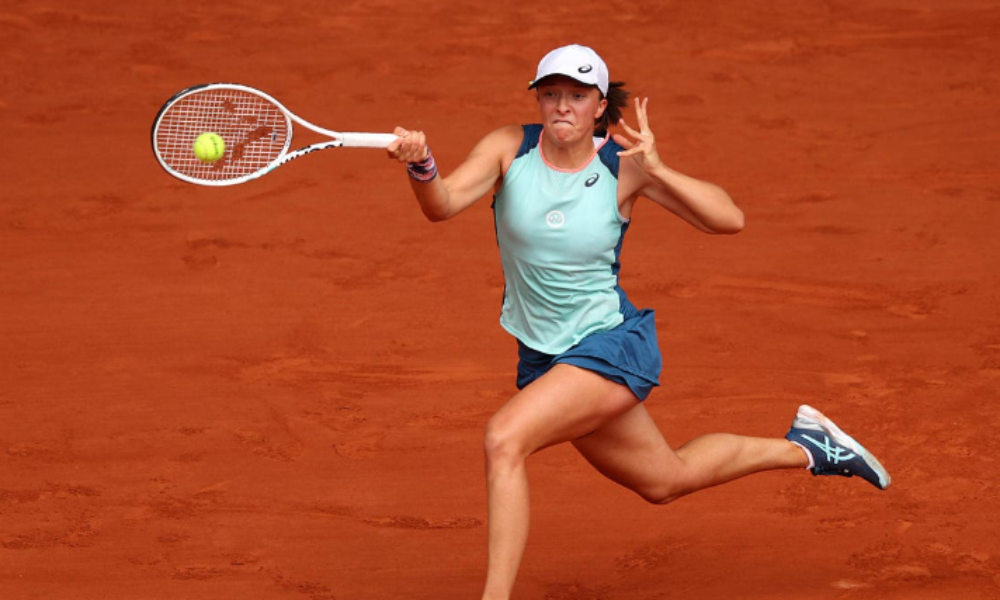Column | Highly educated self -hatred – NRC
:format(jpeg):fill(f8f8f8,true)/s3/static.nrc.nl/taxonomy/061fd2f-Rusman%252C%2520Floor%25202023%2520%255BDoomernik%25202320%255D%25201280%2520WEB.png)
It has been a trend for years: highly educated bashen. The most recent Stormloop arose as a result of a Correspondent-article in which Margriet Oostveen described the highly educated as a social column. Science editor of de Volkskrant Maarten Keulemans shared the piece on Bluesky with the addition: « The engine behind the rise of populist-right: highly educated who are increasingly closed caste, with their own views, media, political parties (anything but PVV). » According to Keulemans, highly educated people are mainly concerned with their own morally elevated things such as climate, LGBTI, Third World, Ukraine. » The message fitted in with a tradition of highly educated people who fudder highly educated: read the columns of Ewald Engelen and Ronald Plasterk.
Now I am familiar with the phenomenon 'Highly educated self -hatred'. I grew up in a Haarlem canal house, on the edge of a neighborhood with smaller new -build homes, inhabited by what we now call 'practically educated'. The neighborhood children bullyed me, according to them I was a 'kakker'. Officially I was not highly educated-I was in primary school-but I clearly belonged to another class: that of books, Volvo's and the Waard tents. One of the bullies once cornered me and said with squeezed eyes: « They say that you are listening to classical music. » That was a bad offense, similar to reading thick books and using difficult words. I was young – nine, ten years old – but instinctively understood what was going on: they thought I looked down on them, and as a kind Pre-EMptive Strike They attacked me.
I was left with a fear of appearing elitist. Cashiers, cleaners and parcel deliverers I sit towards a 'sorry that I exist'-like kindness: they should not think that I feel better. I am not better either; I feel spoiled, privileged, I feel that I have to pay a debt, prove that I am okay.
Partly because of my highly educated debt complex, I have been following the debate about the training gap for years. In 2010 I read Plea for populism Van David van Reybrouck, an intelligent and convincing pamphlet about the lack of political representation of practically educated people. A year later the book was published Diploma trace. Many SCP reports followed, the Atlas for dropped out the Netherlandsand a lot of columns and articles.
Many of the problems are realistic. The MBO is wrongly low in low. Practical educated are under -represented in politics and media, which means that their concerns, for example about housing shorts and immigration, penetrate less there. In all kinds of areas – think of healthcare – they are less articulate, which also explains the major health differences. And among some highly educated people there is indeed a complacent moralism that can be extremely annoying.
At the same time, many columns and articles about the gap are very easy -going, or downright populist. They are often a settlement with a specific kind of highly educated, to whom the author hates than a serious problem analysis.
For example, it is empirically incorrect to regard highly educated people as a 'bubble'. More than a third of the population has done HBO or University: this includes everyone from nurse to professor. The research by Quita Muis to which Margriet Oostveen refers states that highly educated people often have the same views, but she only investigated opinions about gender equality, abortion and euthanasia, immigration, and political trust. On economic topics (taxes, social security), highly educated people think differently.
In addition, the fact that the system works well for highly educated people does not mean that they want to keep it that way. GroenLinks-PvdA, the party with the highest share of highly educated voters, wants socio-economic policy that mainly benefit practically educated people. And precisely Robbert Dijkgraaf, of the 'elitaire' D66, made up as a minister to make the MBO more attractive.
But many of the charges are not about actual inequality, and therefore not about politics. They are about the 'moral elevation' of highly educated people, and thereby feed the resentment of people who think that they are being looked down on. Handy for authoritarian leaders: they are happy to use this feeling to identify their hunt for intellectuals, with the mass murder of just about anyone with glasses through the Khmer in Cambodia as the low point.
I recognize the resentment of the bullying neighborhood children. How did they get that feeling, so young? I suspect that their parents said that 'the people of the canal' looked down on them. A prejudice about a prejudice. That feeling must be taken seriously, but do you do that by always repeating the dismissed image of the self -righteous oat milk drinker? You guessed it, the answer is no. Practically educated, just like everyone else, have something about a serious analysis of political representation and socio -economic inequality; Not a suspicion of everything that is intellectual.
Floor Rusman ([email protected]) is editor of NRC

:format(jpeg):fill(f8f8f8,true)/s3/static.nrc.nl/wp-content/uploads/2019/07/fritshome.png)
:format(webp)/s3/static.nrc.nl/wp-content/uploads/2025/06/05221551/web-0506BIN_Jonge.jpg)
/s3/static.nrc.nl/images/gn4/data133280221-bb4cba.jpg)


